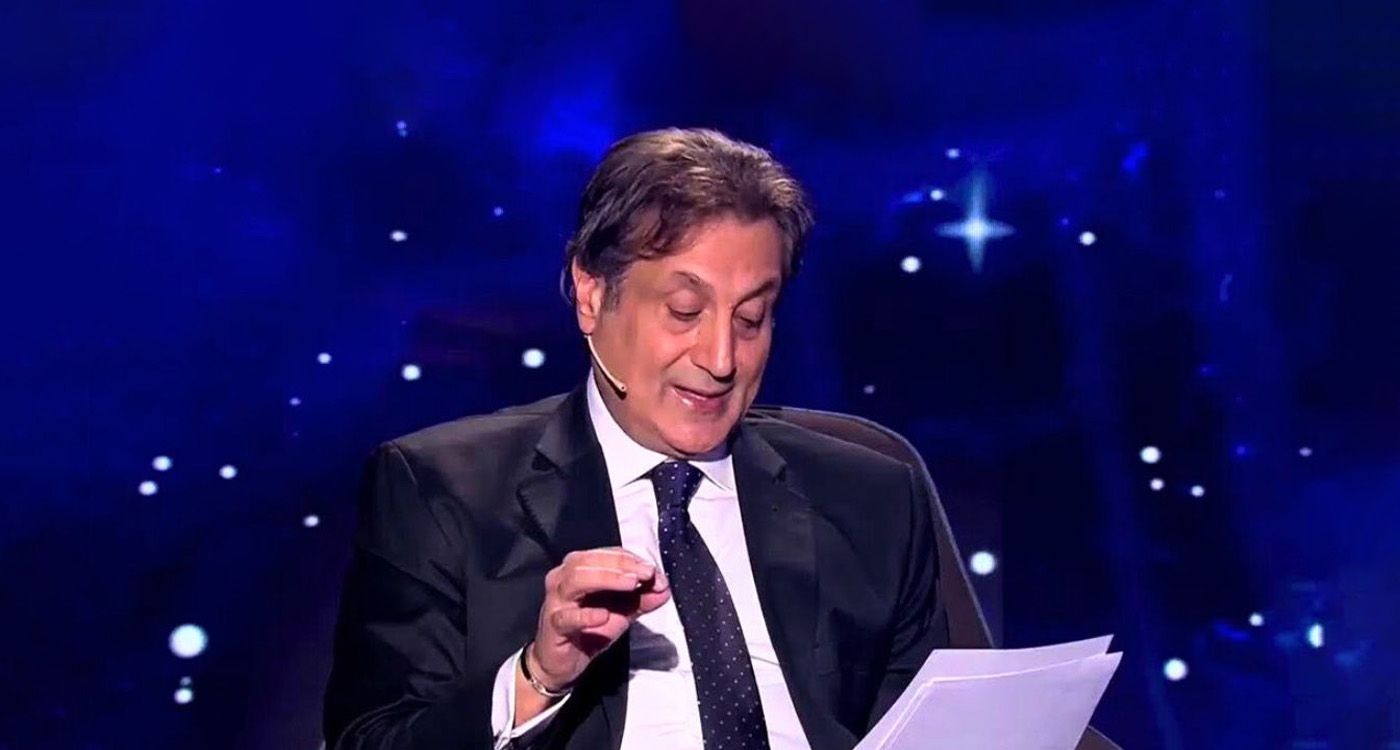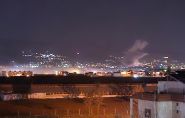
As every New Year’s Eve approaches, Arab, and particularly Lebanese, television screens transform into stages for predictors, fortune-tellers and astrologers. These self-proclaimed “seers” flood the airwaves with vague prophecies, feeding millions of viewers a cocktail of fear, hope and illusion. However, behind this spectacle lies a deeper societal crisis—one where people, desperate and disillusioned, cling to hollow words rather than face harsh realities.
Centuries ago, historian and philosopher Ibn Khaldun warned of the societal decay that accompanies the rise of fortune-tellers and charlatans. In his renowned Muqaddimah, he described how societies on the brink of decline become obsessed with astrology and prophecy, seeking refuge in the supernatural as a response to fear and helplessness.
Ibn Khaldun wrote, “When astrologers multiply, and people flock to them, know that the state is on its way to collapse.”
This statement feels eerily relevant today. How can a nation drowning in political, economic and social crises believe that a few predictions on a television show will provide answers? This phenomenon is not about entertainment, it reflects a collective surrender—a society seeking solace in illusions rather than confronting the brutal truths of its condition.
All Abrahamic religions stand firmly against fortune-telling. In the Quran, Allah states, “Say: None in the heavens and the earth knows the unseen except Allah.” (Surah An-Naml: 65) Similarly, the Bible warns in the Book of Deuteronomy, “Let no one be found among you who practices divination or interprets omens… for whoever does these things is detestable to the Lord.” (Deuteronomy 18:10-12)
The message is clear: Seeking knowledge of the unseen through fortune-tellers is not just morally questionable, but spiritually corrupt. Yet, despite these clear warnings, millions across the Arab world eagerly tune in to hear what the stars—or rather, the charlatans—have to say about their future.
So Why Do People Believe?
The human attraction to fortune-telling is not new, but it becomes amplified in times of crisis. Economic despair, political instability and social fragmentation drive individuals to seek certainty in uncertain times. Predictions offer quick, effortless “answers” to complex problems, while true solutions—education, critical thinking and systemic reform—require time, effort and sacrifice.
Additionally, today’s society suffers from a culture of superficiality. The pursuit of meaningful knowledge has been replaced by instant gratification, and few are willing to question or analyze what they are being told. It’s sad to witness how, year after year, the media is fueling the illusion.
Mainstream media, particularly in Lebanon, has played a central role in normalizing and amplifying this phenomenon. Television networks dedicate hours to airing these prediction shows, often knowing full well that the content is fraudulent. Yet, they continue to do so, driven by one thing: ratings.
But here’s the irony—ratings in Lebanon don’t translate into financial gain. The country’s economic collapse has crippled the advertising industry, rendering television viewership numbers practically meaningless. So why persist? The answer lies in a toxic mix of laziness, sensationalism and a misguided obsession with staying “relevant” in the public eye.
Rather than serving as platforms for awareness and enlightenment, these networks have become megaphones for superstition and fear, and in that broken compass lies the danger of collective delusion
The real danger isn’t in the predictions themselves, but in how they shape public consciousness. When a society begins to believe that its political crises, economic downturns or even personal struggles will be magically resolved in the coming months because an astrologer said so, it stops taking action.
This reliance on false hope paralyzes initiative, fosters complacency and breeds collective resignation. It’s a cycle of delusion, reinforced year after year on New Year’s Eve. I keep thinking of that inner struggle: Why are we so easily misled?
Deep down, every individual knows that fortune-telling is a lie. Yet, people continue to indulge because it soothes their inner fears. In a world plagued by uncertainty, predictions offer a fleeting sense of control. But this comfort is deceptive—it comes at the cost of clarity, reason and self-reliance.
The human mind, when confronted with hardship, often chooses the path of least resistance. Why fight for change when a “prophecy” promises that everything will be fine next June?
Societies that place their fate in the hands of charlatans are doomed to stagnate. The results are in front of our eyes, but we refuse to see or change. The obsession with fortune-telling isn’t merely a cultural quirk—it’s a symptom of a profound societal illness.
Change begins with accountability. Media outlets must recognize their role in perpetuating this cycle of deception. Governments and educational institutions must prioritize critical thinking and media literacy. And individuals must confront their own susceptibility to false hope.
As Ibn Khaldun taught us, societies fall not just because of external enemies, but because of internal decay—when reason is abandoned and illusion takes its place.
The new year shouldn’t be marked by hollow predictions and false prophets. It should be a time for reflection, accountability and genuine hope, which is not built on vague words from a televised fortune-teller, but on action, resilience and collective willpower.
It’s time to stop chasing shadows and start building a tangible future. The clock is ticking.




Comments